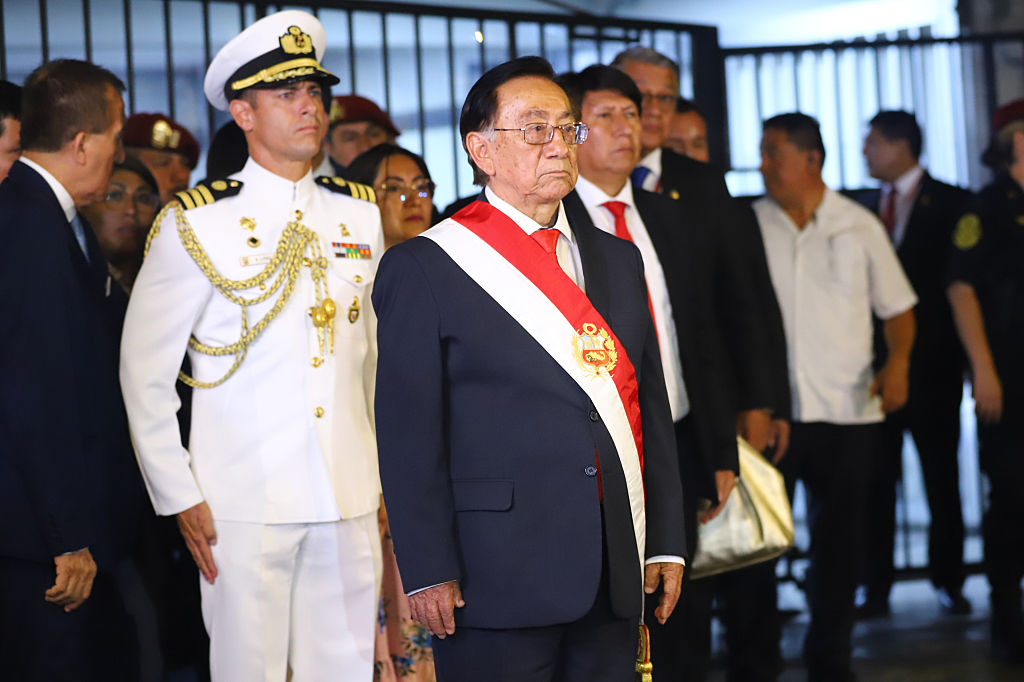After Presidential Election, Honduras Will Need U.S. Support to Tackle Challenges
After Presidential Election, Honduras Will Need U.S. Support to Tackle Challenges
Washington's action on matters ranging from energy to immigration reform can support Honduras’ pressing post-election agenda, writes COA’s Eric Farnsworth for World Politics Review.
Hondurans will vote Sunday, Nov. 24, in a presidential election that polls suggest is too close to call. U.S. interests are plainly at stake, but this has less to do with the individual who may end up being elected than with the legitimacy of the election itself and how the new president, once in office, chooses to govern.
In what should be a clarifying and unifying election, the electorate instead is polarized, and at least three of the leading candidates are each convinced they will win. Official results may not be known for a week or more after the election; irregularities cannot be discounted. Whoever wins will likely receive less than a majority of votes and may face an opposition-held legislature, perhaps hindering the new president’s ability to address pressing concerns, including crime, corruption and a looming potential fiscal crisis.
Even before the forced removal in 2009 of President Manuel Zelaya—the husband of current populist candidate Xiomara Castro—and the democratic elections later that year that brought outgoing President Porfirio Lobo to power, Honduras faced significant difficulties. The country is one of the poorest in the Americas. The illegal drug trade, Honduras’ long, underpopulated and largely ungoverned coastline and the lack of effective policing capabilities have made the country a magnet for cartels. The country is now among the most violent on earth. Job growth is insufficient to absorb the thousands of new job-seekers that enter the workforce each year. Corruption is rampant. The devastating effects of Hurricane Mitch are still felt 15 years on.
Perhaps the only bright spot is the recent success of Honduras’ national soccer team, the Catrachos, which has qualified for the 2014 World Cup tournament in Brazil.
That’s why most in Washington would simply prefer to ignore Honduras’ troubles. U.S. interests in Honduras, however, remain significant. It has been estimated that more than 80 percent of the cocaine that enters the United States travels at some point through Honduras. The United States is Honduras’ top trade partner and aid donor; legitimate bilateral trade is more than $10 billion per year. Top Honduran exports include textiles, electronics, bananas and coffee, the last of which is under attack from coffee blight and competition from Vietnam. An estimated 700,000 Hondurans in the United States send almost $3 billion home each year in remittances....







